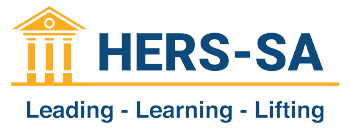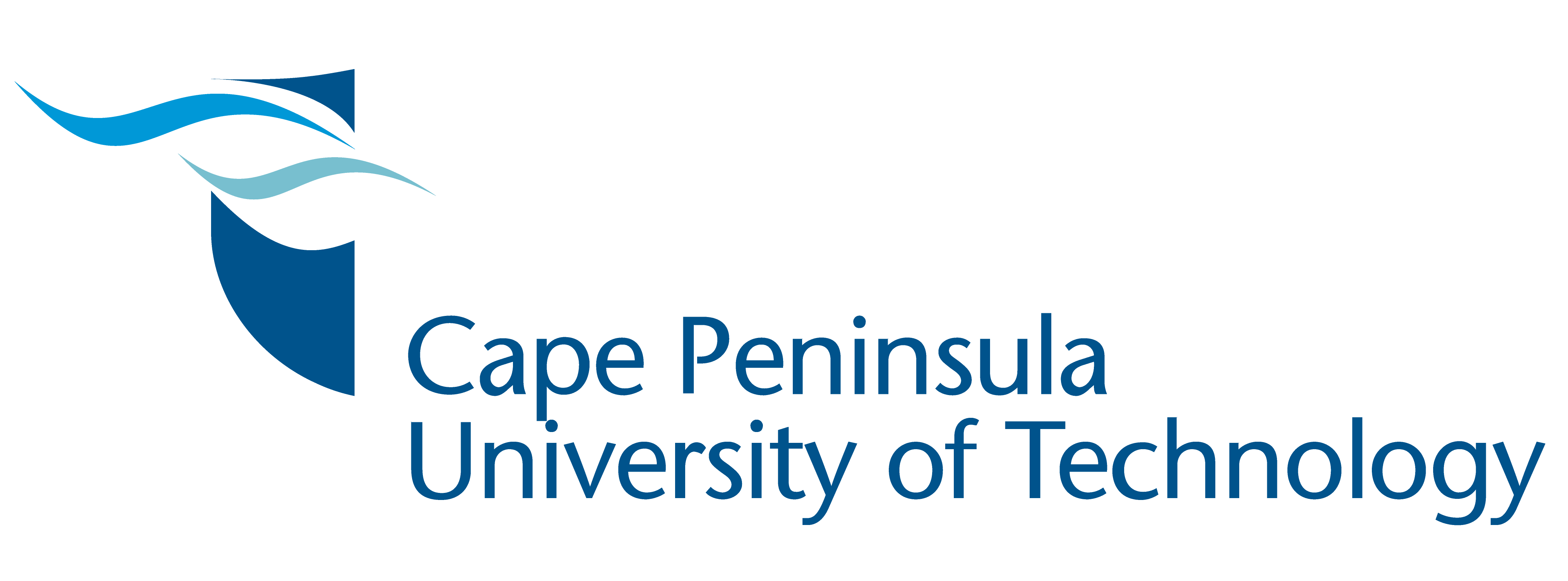Coaching releases the potential within clients to achieve superior performance by building competence to deal with their life situations. In action, this means coaches work with their clients through dialogue, practice and action to open up insights and possibilities and design a unique coaching programme for them. Practically speaking, successful coaching achieves the following outcomes:
- The ability to self-correct
- The ability to generate own solutions
- An increased level of self-awareness
- Deeper thinking skills
- Superior performance
- Stronger working relationships and team performance
- Long-term excellence
Leadership falls into the domains of the individual, the team and the system, and the interactions/relationships between these, and is made up of the leadership behaviours that emerge over time. When the leader is strong, both the team and the organisation benefit. The coaching programme is founded on the Integral Model from Richard Barrett the Value’s Driven Organisation (2017) that integrates the leader, team and organisation.
Leaders are dealing with not only their personal development but are navigating systemic and multi-layered challenges in the workplace and at home that includes the stress, challenges, support and lack thereof. The role of the coach is to work with the internal and external changes clients want to see in their leadership that would allow them to impact the environment in which they serve. It is an opportunity to explore the barriers and opportunities for growth in a space of psychological safety. This leadership programme focuses on the individual regarding the internal drivers and how that change shows up externally in their leadership context.



